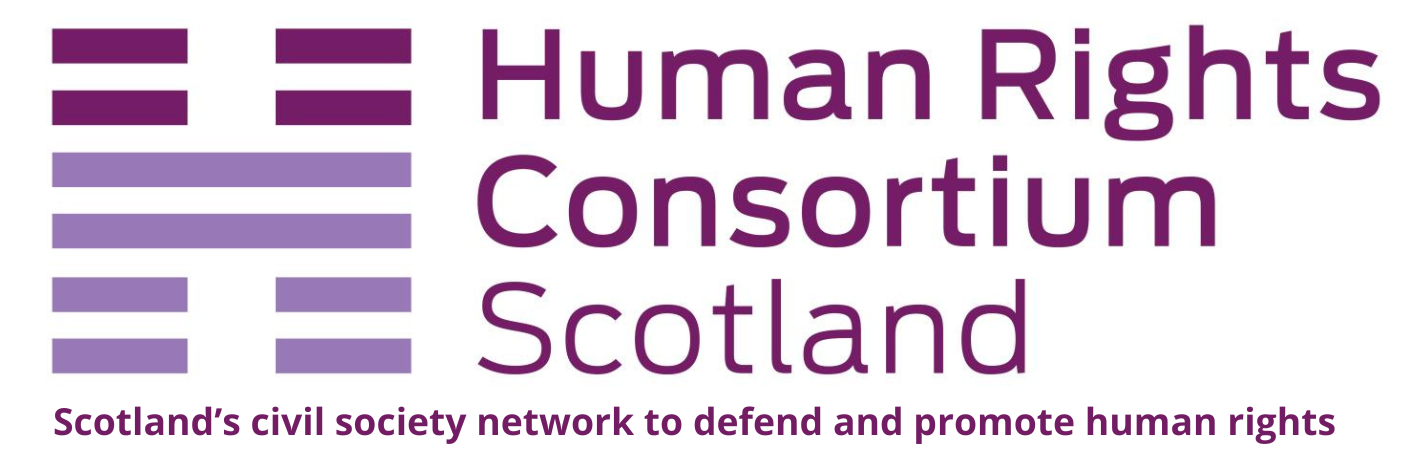Freedom of Information Rules
The Campaign for Freedom of Information in Scotland has welcomed the Supreme Court’s ruling on the ministerial veto in Prince Charles case.
The Campaign had intervened in the case in support of disclosure. Its director Maurice Frankel said: “This is a critical decision which strengthens the FOI Act. It says the courts not ministers normally have the last word. If the government disagrees with a ruling on good grounds it should appeal. The veto is not a trump card to be slipped out of a minister’s sleeve to block any embarrassing disclosure. Minister will now have to argue their case not impose it.”
The Prime Minister has suggested the government will amend the FOI Act to restore the veto to the role which Parliament originally intended. But Mr Frankel said “Parliament never intended the veto to be used against the Tribunal or courts – that possibility was not mentioned at all let alone debated during the Bill’s passage. The veto was seen as available only in relation to the Information Commissioner’s decisions.”
The Campaign said the UK FOI Act was amended in 2010 to prevent the release of the monarch’s correspondence with a public authority or that of the next two in line to the throne. No future FOI request for Prince Charles’ correspondence will now succeed, despite today’s ruling, the Campaign said.
The Campaign has provided the following links:
